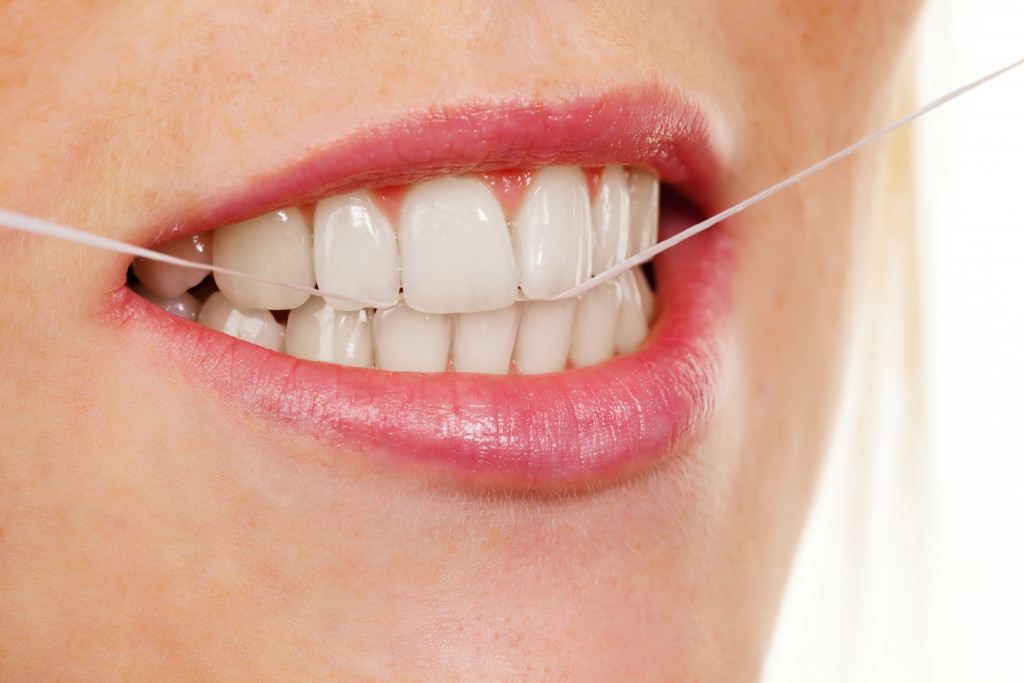We all know how important good oral hygiene is because of the impact it has on our teeth and gums, but have you ever considered the impacts on your overall health? Oral diseases are linked with an increased risk of cardiovascular disease which can lead to a fatal condition known as atherosclerosis. Aside from this, oral health problems can also lead to a weakened immune system and make you more susceptible to other diseases.
These things alone should make people realize that oral health is highly important and should be a priority when it comes to oral hygiene. After all, by achieving good oral health outcomes, it becomes easier for people to achieve better health outcomes.
How to Achieve Better Oral Health Outcomes
Nowadays, more people are becoming more concerned with oral health, which is why you will see many oral care products in the market. But how do you know if these oral hygiene products are really effective? You should always remember that good oral hygiene starts with proper brushing and flossing. This includes not just once but twice a day.
A lot of people have also been able to pay for services such as getting a replacement tooth in the event that they lost one. Dentists have also been able to help people with oral cancer, and this is why oral health should be a priority for everyone.
When it comes to oral care products, make sure that you are using the right toothbrush, toothpaste, and floss. Be sure to read the labels so you will know if they are safe to use or not. You should always remember that oral health starts with proper oral hygiene habits as well as regular dental exams from a professional dentist.
Below are tips on how you can achieve better oral health outcomes:
-
Brushing your teeth regularly
Of course, you should always remember to brush your teeth properly after every meal. You should be brushing for at least two minutes and thinking about where you are spending the most time while you brush. If there is a specific area that needs more attention, spend some extra time focusing on it until it becomes cleaner and shinier.
When selecting a toothbrush, make sure that you are using a soft-bristled brush. Hard bristles can damage your teeth and gums over time.

-
Flossing every day
In addition to brushing, you should also be flossing on a daily basis. Flossing helps remove plaque and bacteria from in between your teeth and along the gum line where a toothbrush cannot reach.
Flossing every day will help keep your oral health in check and can help prevent gum disease. Therefore, it’s important to always remember to floss.
-
Using mouthwash regularly
Using mouth wash is also an important part of oral hygiene. Mouthwash helps kill bacteria and can help reduce plaque build-up. Mouth wash can also help freshen your breath and remove any lingering food particles.
There are plenty of different types of mouthwash available, so be sure to find one that works best for you. This way, you can be sure to get the most out of your oral hygiene routine.
-
Visiting your dentist regularly
Visiting your dentist every six months for a routine cleaning and exam is one of the best ways to maintain good oral health outcomes. During these visits, your dentist will be able to catch any early signs of dental problems and take steps to correct them before they become worse.
People who visit their dentist regularly are also more likely to have healthier teeth and gums overall. This is because regular oral care can help prevent problems like tooth decay and gum disease from developing in the first place.
If you have decaying teeth or require dental services, it’s crucial to visit your oral health specialist as soon as possible. Delaying oral health services can cause oral health problems to become more difficult and expensive to treat.
-
Avoiding too many sugary foods and beverages
Drinking too much soda, juice, or other sweetened drinks can cause cavities to develop in your mouth. It’s also important to brush after consuming such items for oral health reasons as well as general dental hygiene upkeep.
Be sure that you also eat less candy and sugar-based snacks and drink more water every day. This is because sugary foods and drinks can coat your teeth in a sticky film that oral bacteria love to feast on.
You don’t have to give up sugar altogether, but try to make wise choices about the kinds of sugary foods you eat. If you do consume something sweet, brush your teeth afterward! This way, you won’t give oral bacteria a chance to damage your teeth.
Oral health should be a priority for everyone. Not only is it important to have healthy teeth and gums, but oral health can also affect your overall health. Therefore, people should make an effort to prioritize oral health just as they would prioritize their physical health.
